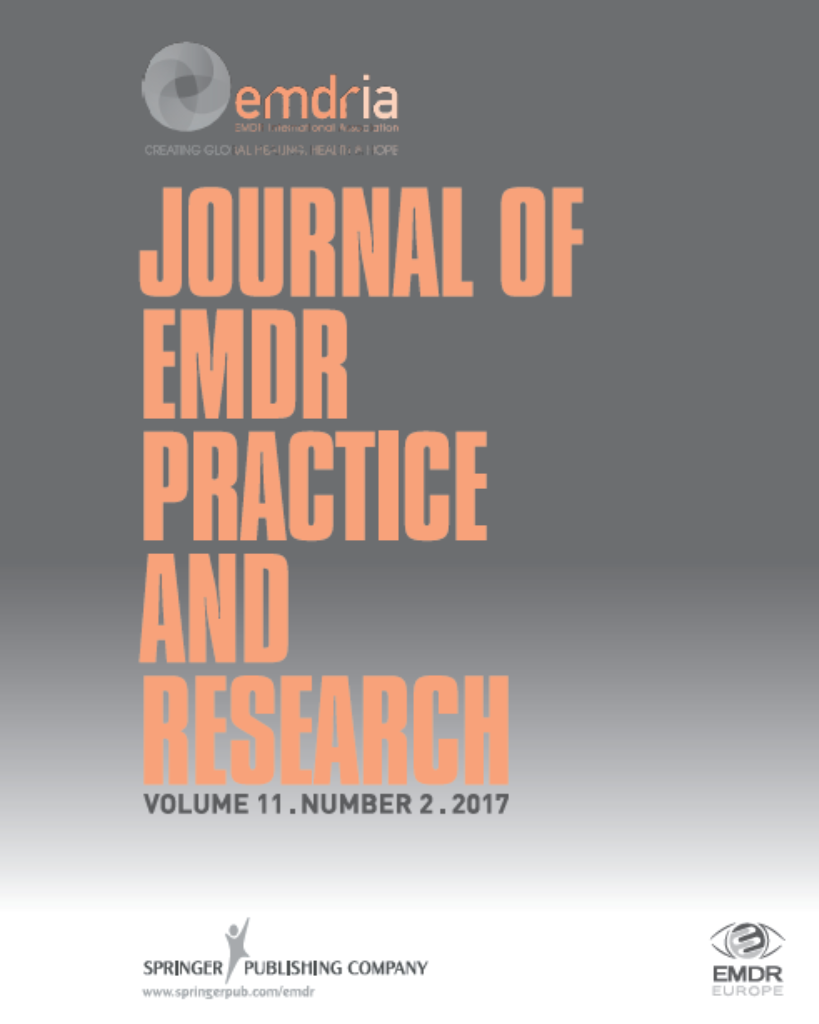Using EMDR with autistic individuals: A Delphi survey with EMDR therapists
Study on need for EMDR therapists to have training about autism and tailoring EMDR, and that individual case conceptualisation is key.
Article Abstract
“Autistic individuals are at greater risk of experiencing adverse and traumatic life events. Eye Movement Desensitisation and Reprocessing (EMDR), a psychological therapy, is potentially effective for treating the constellation of difficulties arising from traumatic experiences, as well as mental health conditions. Yet minimal research has focused on how EMDR may require adaptation to improve its accessibility, acceptability and effectiveness for autistic individuals. In a three-round Delphi survey, 103 EMDR therapists were asked about barriers to EMDR for autistic individuals and adaptations employed to enhance therapy, so as to generate consensus about important or essential components of adaptations to EMDR. Four types of barriers were highlighted: client-related characteristics, therapist-related characteristics, differences in the therapeutic relationship and systemic issues. One hundred and twenty-four adaptations were identified, including 35 general adaptations (i.e. relevant across EMDR phases), 81 relating to specific EMDR phases and 8 about EMDR clinical supervision. Of these, 27 adaptations were used often or always by at least 80% of participants; a further 61 were sometimes incorporated within therapy, depending on the client. Study findings highlight the need for EMDR therapists to have training about autism and the potential ways of tailoring EMDR, and that individual case conceptualisation is key.
Lay abstract
Eye Movement Desensitisation and Reprocessing (EMDR) is a psychological therapy that can help people process memories and distress about past events, so they have less impact on their daily lives. EMDR can be effective for treating symptoms of post-traumatic stress disorder, including nightmares and anxiety. Psychological therapies usually require adaptation so they are more accessible and effective for autistic people, but minimal research has focused on how best EMDR can be adapted. In this online survey study, we asked 103 EMDR therapists about barriers they think autistic people face when trying to have EMDR and what adaptations they use in their everyday practice. Four barriers were highlighted: client-related characteristics, therapist-related characteristics, differences in the therapeutic relationship and broader issues. Therapists identified a range of adaptations that can potentially be useful for autistic people, relating to being flexible, communicating clearly and having an awareness of individual differences. Many therapists emphasised the importance of not making assumptions about a person based on their autism diagnosis. Overall, the study findings suggest adaptations to EMDR are likely to be useful, but how relevant they are depends on each person.”
—Description from publisher
Article Access
Open Access
Fisher, N., van Diest, C., Leoni, M., & Spain, D. (2022). Using EMDR with autistic individuals: A Delphi survey with EMDR therapists. Autism, 27(1), 1509-1521. Open access: https://doi.org/10.1177%2F13623613221080254
Date
April 6, 2022
Creator(s)
Naomi Fisher, Caroline van Diest, Marguerite Leoni
Contributor(s)
Debbie Spain
Topics
ADHD/Autism/Neurodiversity
Extent
11 pages
Publisher
Sage
Rights
© The Author(s) 2022. Creative Commons License (CC BY 4.0) This article is distributed under the terms of the Creative Commons Attribution 4.0 License (https://creativecommons.org/licenses/by/4.0/) which permits any use, reproduction and distribution of the work without further permission provided the original work is attributed as specified on the SAGE and Open Access pages (https://us.sagepub.com/en-us/nam/open-access-at-sage).
APA Citation
Fisher, N., van Diest, C., Leoni, M., & Spain, D. (2022). Using EMDR with autistic individuals: A Delphi survey with EMDR therapists. Autism, 27(1), 1509-1521. Open access: https://doi.org/10.1177%2F13623613221080254
Audience
EMDR Therapists, Other Mental Health Professionals
Language
English
Content Type
Article, Peer-Reviewed
Access Type
External Resource, Open Access





